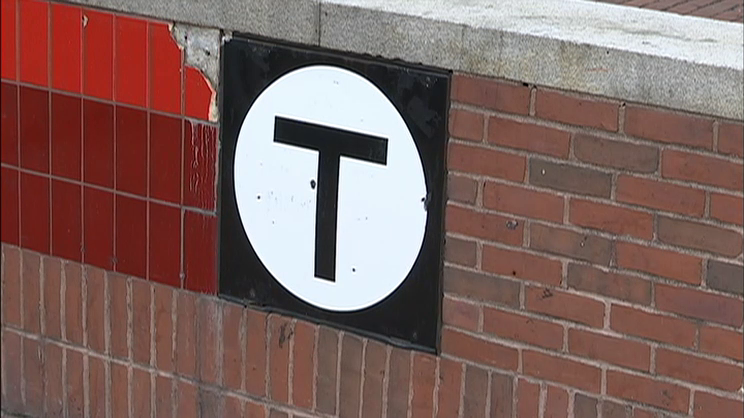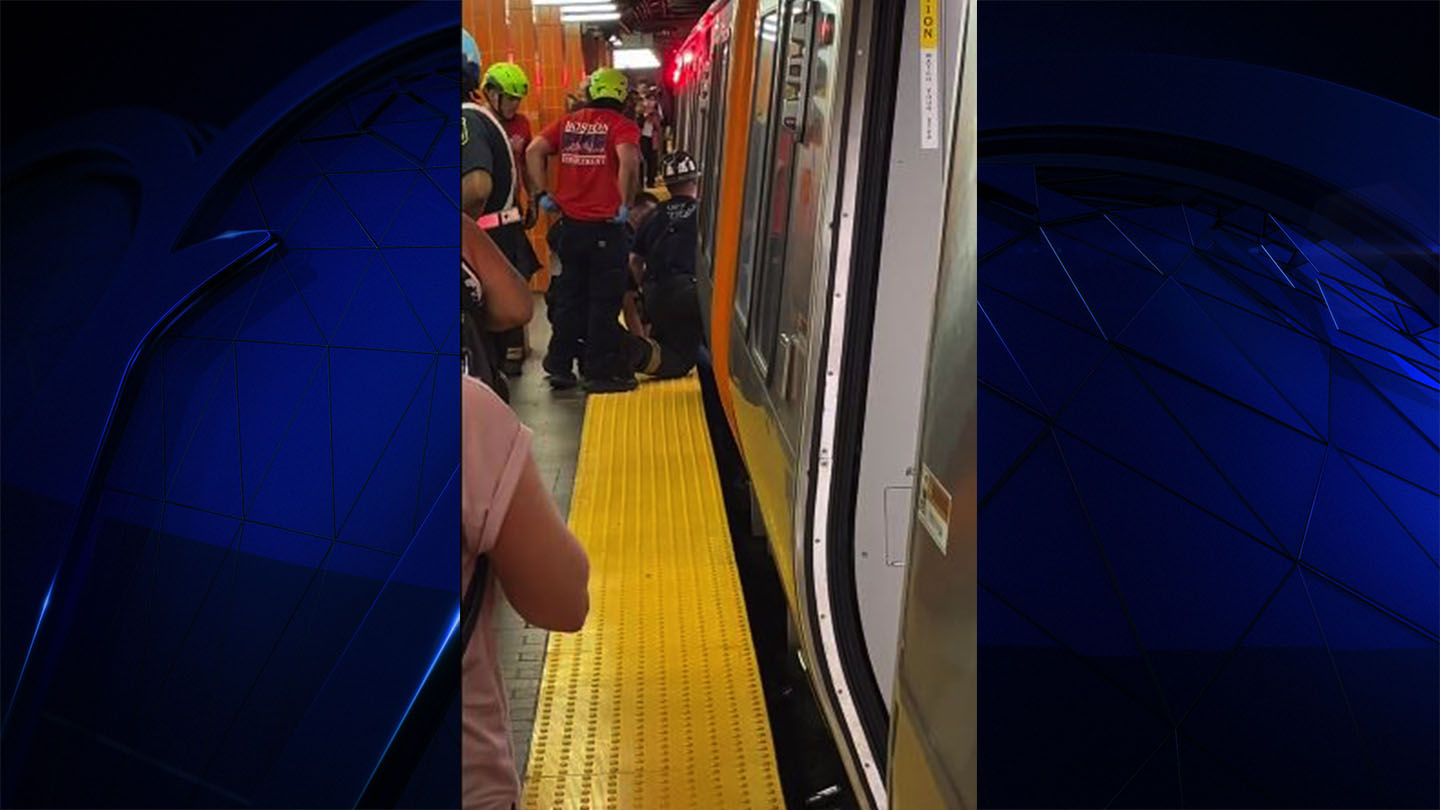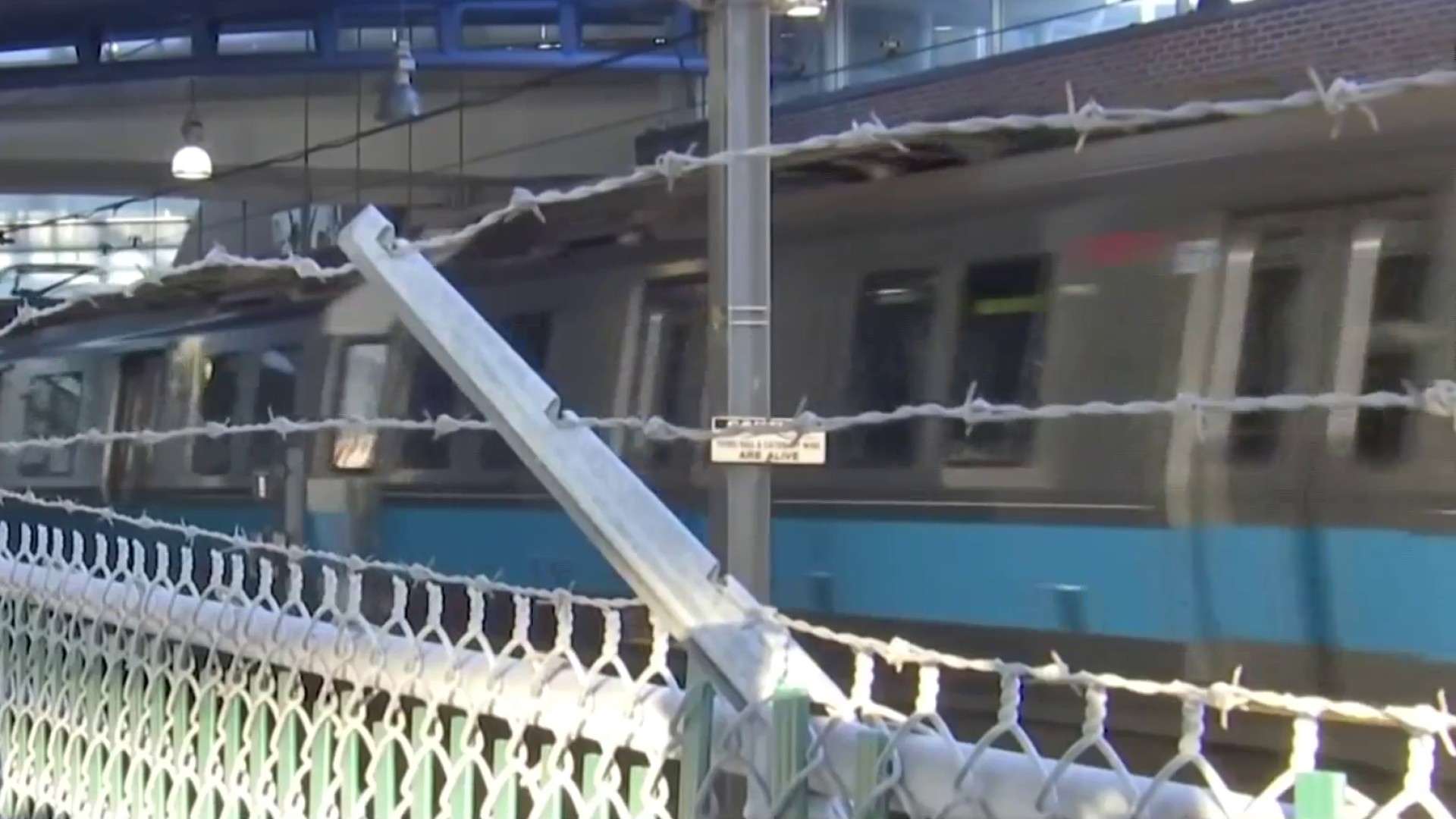The MBTA paid millions over expected costs and failed to take any formal steps to monitor the performance of a company contracted to provide customer service agents at stations across the system, according to a new report from the Office of the Inspector General.
In 2017, the agency contracted with Mydatt Services, Inc., doing business as Block by Block, to provide transit ambassadors - or customer service agents - at MBTA stations. These agents were meant to help riders with things like directions, ticket purchases, accessibility requests and to keep track of maintenance and cleaning needs.
WATCH ANYTIME FOR FREE
>Stream NBC10 Boston news for free, 24/7, wherever you are. |
The inspector general report found that the contract went nearly $5.37 million over its original expected costs - an 11.45% overage. More than $3 million of that involved coverage for special events like Red Sox games or concerts, which the MBTA failed to negotiate in the original contract. The report also found that the MBTA paid higher hourly rates than what was written into the contract.
The only year the expected cost came in under the actual cost was the period from July 31, 2020 to July 30, 2021.
Get updates on what's happening in Boston to your inbox. Sign up for our >News Headlines newsletter.
On top of the cost concerns, the original contract offered no system to track performance to find out if the Block by Block services actually improved the customer experience, though the report did note that Block by Block was able to offer greater station coverage at a lower cost than would have been incurred by using MBTA employees.
Typical examples of monitoring performance would be to require in-station operations reports from Block by Block or to use a "secret shopper" service to assess the customer experience.
More on the MBTA
Elevator checks, a key part of ensuring accessibility at stations, were a point of concern. transit ambassadors to do hourly elevator checks, though this was not specified in the contract. In 2020, the MBTA requested that Block by Block to conduct hourly elevator checks and track them in its SMART system, but the contracts were never updated to reflect this requirement. The Inspector General conducted a random sample of 10 of the system's busiest stations and found that only 50% of hourly checks were completed.
"With limited information available due to the lack of contractually required reports and metrics, the ISAU (Inspector General's Internal Special Audit Unit) could not determine whether transit ambassadors provided quality services regularly, consistently, or ever, to the MBTA and its ridership. The MBTA’s poor contract administration and oversight practices, which led to the ISAU's inability to determine Block by Block’s quality of services, constitute a significant deficiency that cannot be overstated," the report notes.
This is the latest report that sheds doubt on how the organization has been run and comes as new leadership attempts to right the course of the troubled agency.
"While the report found that the contract resulted in increased coverage of customer service agents inside stations at a lower cost, it also found some areas where improvements could be made, and the MBTA has already taken steps to improve the procurement process and contract management," spokesperson Joe Pesaturo said in a statement to NBC10 Boston. "The so-called unscheduled events were for additional services provided by the Transit Ambassadors to support special events and infrastructure projects that require bus shuttles and increased customer assistance on site. These additional services were allowable per the agreement under existing contract rates."




